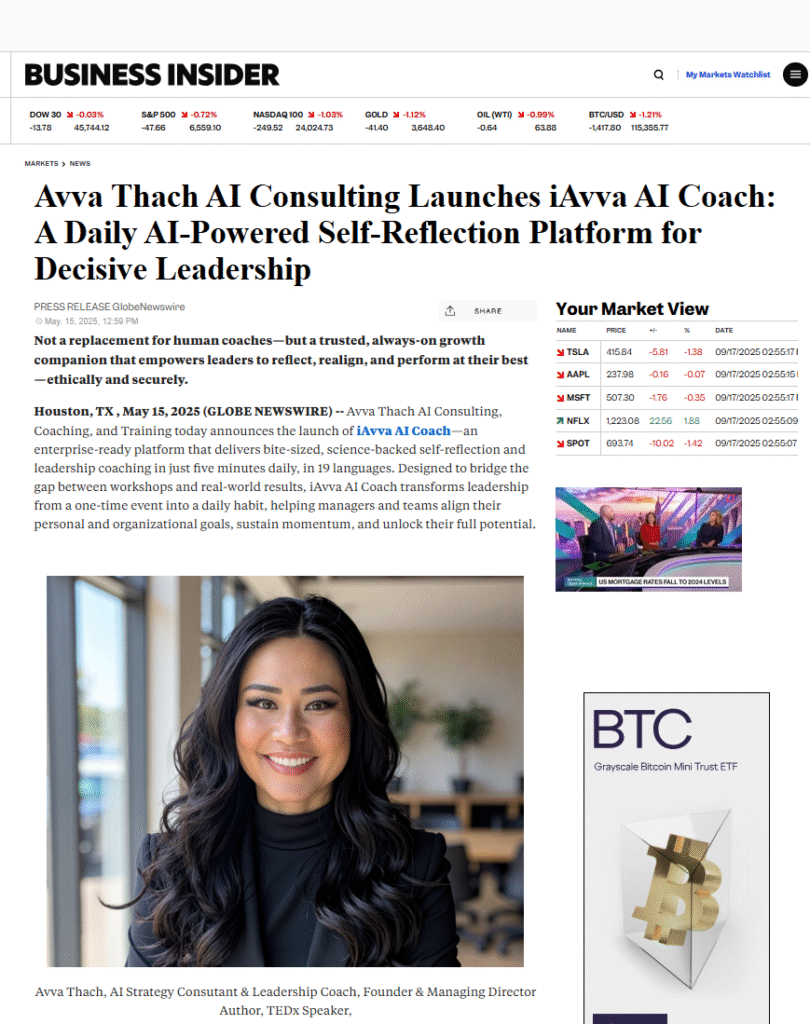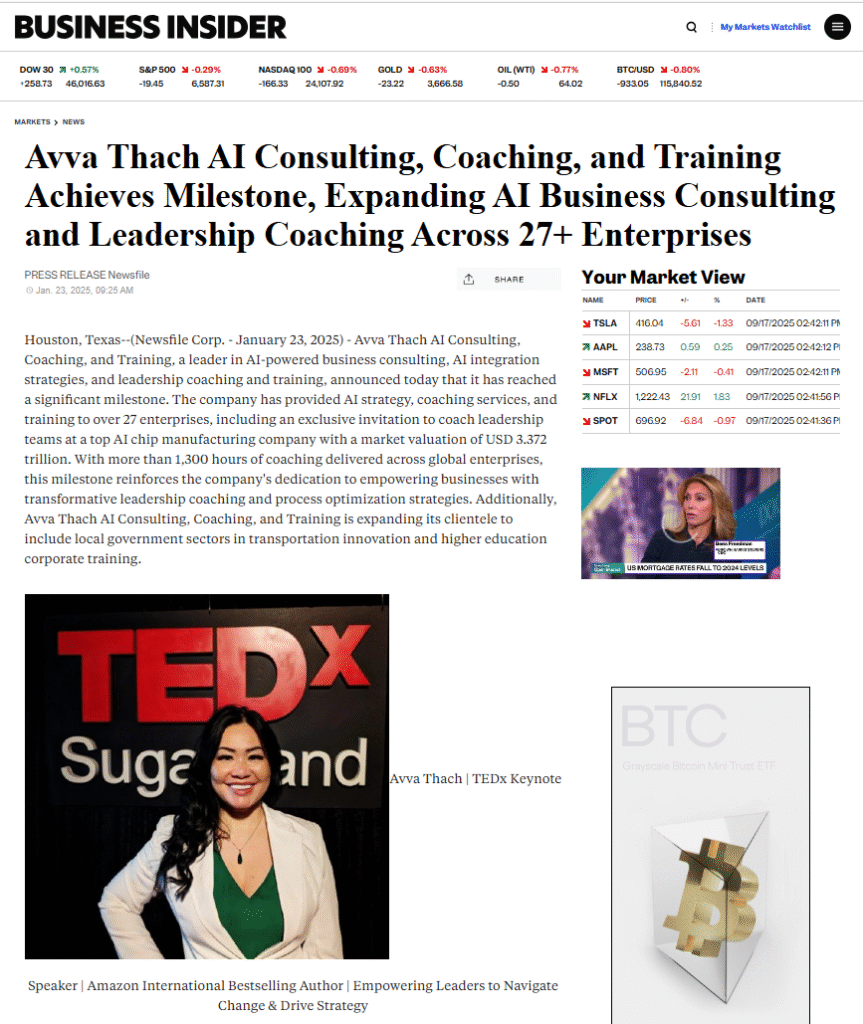Executive coaching plays a pivotal role in the development of leaders within an organization. It serves as a catalyst for personal and professional growth, enabling executives to navigate the complexities of their roles with greater efficacy. The essence of executive coaching lies in its tailored approach, which focuses on the unique challenges and aspirations of each leader.
By fostering a supportive environment, coaches empower executives to explore their potential, confront their limitations, and cultivate the skills necessary for effective leadership. Moreover, executive coaching is not merely about enhancing individual performance; it also contributes to the overall health of the organization. As leaders evolve through coaching, they become more adept at inspiring their teams, driving innovation, and fostering a culture of accountability.
In a rapidly changing business landscape, the need for effective leadership is more critical than ever, making executive coaching an invaluable investment for organizations seeking to thrive.
Key Takeaways
- Executive coaching helps individuals develop their leadership potential and enhance their strategic thinking and decision-making skills.
- Identifying and assessing strengths and weaknesses is crucial for personal and professional growth.
- Setting clear and achievable personal and professional goals is essential for leadership development.
- Effective communication and interpersonal skills are key for building confidence and resilience in leaders.
- Managing change and conflict is a critical aspect of leadership development and requires a personalized plan for growth and continued development.
Identifying Leadership Potential
Identifying leadership potential is a crucial step in the journey of executive development. It involves recognizing individuals who possess the innate qualities and skills that can be honed into effective leadership capabilities. This process often begins with a comprehensive assessment of an individual’s past experiences, achievements, and behavioral traits.
By analyzing these factors, organizations can pinpoint those who exhibit the potential to lead and inspire others. Furthermore, identifying leadership potential goes beyond mere observation; it requires a structured approach that includes feedback from peers, subordinates, and mentors. This 360-degree feedback mechanism provides a holistic view of an individual’s capabilities and areas for improvement.
By leveraging this information, organizations can create targeted development plans that align with their strategic objectives while nurturing the next generation of leaders.
Assessing Strengths and Weaknesses

A critical component of executive coaching is the assessment of strengths and weaknesses. Understanding where a leader excels and where they may struggle is essential for crafting an effective development plan. This assessment often involves various tools and methodologies, such as personality assessments, competency frameworks, and performance reviews.
By employing these tools, coaches can help leaders gain insights into their unique skill sets and areas that require further development. Moreover, recognizing strengths is just as important as identifying weaknesses. Leaders who are aware of their strengths can leverage them to inspire confidence in their teams and drive organizational success.
Conversely, acknowledging weaknesses allows leaders to seek support and resources to address these gaps. This dual focus on strengths and weaknesses creates a balanced approach to personal development, fostering a growth mindset that encourages continuous improvement.
Setting Personal and Professional Goals
| Category | Metrics |
|---|---|
| Personal Goals | 1. Specific and measurable 2. Achievable and realistic 3. Time-bound |
| Professional Goals | 1. Aligned with career path 2. Relevant to job role 3. Contributing to overall career growth |
Setting personal and professional goals is a fundamental aspect of the executive coaching process. Goals provide direction and purpose, serving as benchmarks for measuring progress over time. In collaboration with their coach, leaders should establish clear, achievable objectives that align with both their aspirations and the organization’s strategic vision.
These goals should be specific, measurable, attainable, relevant, and time-bound (SMART), ensuring that they are realistic and actionable.
Short-term goals may focus on immediate challenges or skill enhancements, while long-term goals should reflect broader career ambitions and leadership aspirations.
By creating a roadmap that outlines these objectives, leaders can maintain focus and motivation throughout their development journey. This structured approach not only enhances accountability but also fosters a sense of ownership over one’s growth.
Developing Strategic Thinking and Decision Making
Strategic thinking and decision-making are essential competencies for effective leadership. Executive coaching provides leaders with the tools and frameworks necessary to enhance these skills. Through guided discussions and practical exercises, coaches encourage leaders to adopt a strategic mindset that considers both immediate challenges and long-term implications.
This shift in perspective enables leaders to make informed decisions that align with organizational goals. Moreover, developing strategic thinking involves cultivating the ability to analyze complex situations, anticipate potential outcomes, and evaluate various options before arriving at a decision. Coaches often employ case studies and real-world scenarios to help leaders practice these skills in a safe environment.
By honing their strategic thinking abilities, leaders become more adept at navigating uncertainty and driving innovation within their organizations.
Enhancing Communication and Interpersonal Skills

Effective communication is a cornerstone of successful leadership. Executive coaching emphasizes the importance of enhancing communication and interpersonal skills to foster collaboration and engagement within teams. Coaches work with leaders to identify their communication styles and areas for improvement, providing feedback on how they can convey their messages more clearly and persuasively.
In addition to verbal communication, interpersonal skills play a vital role in building strong relationships with team members and stakeholders. Coaches often guide leaders in developing active listening skills, empathy, and emotional intelligence—qualities that are essential for understanding diverse perspectives and fostering a positive work environment. By enhancing these skills, leaders can create an atmosphere of trust and openness that encourages collaboration and innovation.
Building Confidence and Resilience
Confidence and resilience are critical attributes for effective leadership in today’s fast-paced business environment. Executive coaching helps leaders cultivate these qualities by providing them with tools to manage stress, overcome challenges, and maintain a positive outlook in the face of adversity. Coaches often employ techniques such as visualization, mindfulness practices, and cognitive restructuring to help leaders build their confidence levels.
Resilience is particularly important as it enables leaders to bounce back from setbacks and maintain focus on their goals. Through coaching sessions, leaders learn to reframe challenges as opportunities for growth rather than insurmountable obstacles. This shift in mindset fosters a sense of empowerment that allows leaders to navigate uncertainty with greater ease while inspiring their teams to adopt a similar approach.
Managing Change and Conflict
Change is an inevitable aspect of organizational life, and effective leaders must be equipped to manage it successfully. Executive coaching provides leaders with strategies for navigating change initiatives while minimizing resistance from team members. Coaches guide leaders in understanding the psychological aspects of change management, helping them communicate effectively about transitions and address concerns proactively.
Conflict management is another critical area where executive coaching can make a significant impact. Leaders often face conflicts within their teams or with external stakeholders that require careful handling. Coaches work with leaders to develop conflict resolution skills that emphasize collaboration rather than confrontation.
By fostering open dialogue and encouraging diverse perspectives, leaders can transform conflicts into opportunities for innovation and growth.
Creating a Personal Leadership Development Plan
A personal leadership development plan serves as a roadmap for an executive’s growth journey. This plan outlines specific goals, strategies for achieving them, and timelines for completion. Executive coaches play a vital role in helping leaders create these plans by facilitating discussions around aspirations, strengths, weaknesses, and desired outcomes.
The collaborative nature of this process ensures that the plan is tailored to the individual’s unique context. In addition to setting goals, the development plan should include actionable steps that outline how leaders will acquire new skills or knowledge. This may involve seeking mentorship opportunities, enrolling in training programs, or engaging in experiential learning activities.
By creating a comprehensive development plan, leaders can take ownership of their growth while ensuring alignment with organizational objectives.
Implementing Feedback and Accountability
Feedback is an essential component of the executive coaching process. Leaders must be open to receiving constructive feedback from their coaches as well as from peers and team members. This feedback loop fosters continuous improvement by highlighting areas where leaders excel and where they may need further development.
Coaches encourage leaders to embrace feedback as an opportunity for growth rather than criticism. Accountability is equally important in ensuring that leaders stay committed to their development plans. Coaches often establish regular check-ins or progress assessments to monitor advancements toward goals.
By holding leaders accountable for their commitments, coaches help instill discipline and motivation throughout the development journey. This accountability not only reinforces personal responsibility but also enhances trust between coaches and clients.
Sustaining Growth and Continued Development
The journey of leadership development does not end once initial goals are achieved; it requires ongoing commitment to growth and learning. Executive coaching emphasizes the importance of sustaining progress by encouraging leaders to seek new challenges and opportunities for development continuously. This mindset fosters a culture of lifelong learning that benefits both individuals and organizations alike.
To sustain growth effectively, leaders should regularly revisit their personal leadership development plans to assess progress and set new goals as needed. Engaging in peer networks or professional associations can also provide valuable opportunities for continued learning through shared experiences and insights from other leaders in similar roles. By prioritizing sustained growth, executives can remain agile in an ever-evolving business landscape while driving success within their organizations.
In conclusion, executive coaching serves as a powerful tool for developing effective leaders who can navigate the complexities of modern organizations. Through tailored interventions focused on identifying potential, assessing strengths and weaknesses, setting goals, enhancing skills, managing change, creating development plans, implementing feedback mechanisms, and sustaining growth—executives are empowered to reach new heights in their leadership journeys. As organizations invest in executive coaching initiatives, they not only cultivate strong leaders but also foster a culture of excellence that drives long-term success.
Executive coaching programs are increasingly recognized for their ability to enhance leadership skills and drive organizational success. A related article that delves into the transformative potential of AI in coaching is titled “Leveraging AI Coaching to Unlock Your Team’s Full Potential.” This piece explores how integrating AI into coaching practices can provide personalized insights and support, ultimately fostering a more effective and engaged workforce. You can read the article [here](https://iavva.ai/2025/09/15/leveraging-ai-coaching-to-unlock-your-teams-full-potential/).
FAQs
What is an executive coaching programme?
An executive coaching programme is a professional development process that aims to improve the leadership and management skills of executives within an organization. It involves one-on-one coaching sessions with a qualified coach to help the executive set and achieve specific goals, improve performance, and develop new skills.
What are the benefits of an executive coaching programme?
Some of the benefits of an executive coaching programme include improved leadership and management skills, increased self-awareness, enhanced decision-making abilities, better communication and interpersonal skills, and overall professional growth and development.
Who can benefit from an executive coaching programme?
Executives, senior managers, and leaders within an organization can benefit from an executive coaching programme. It is also suitable for high-potential employees who are being groomed for leadership positions.
How long does an executive coaching programme typically last?
The duration of an executive coaching programme can vary depending on the specific needs and goals of the individual being coached. It can range from a few months to a year or more, with regular coaching sessions scheduled throughout the duration of the programme.
What should one look for in an executive coaching programme?
When considering an executive coaching programme, it is important to look for qualified and experienced coaches, a clear understanding of the coaching process and methodology, a focus on measurable goals and outcomes, and a good fit between the coach and the individual being coached.





















Leave a Reply